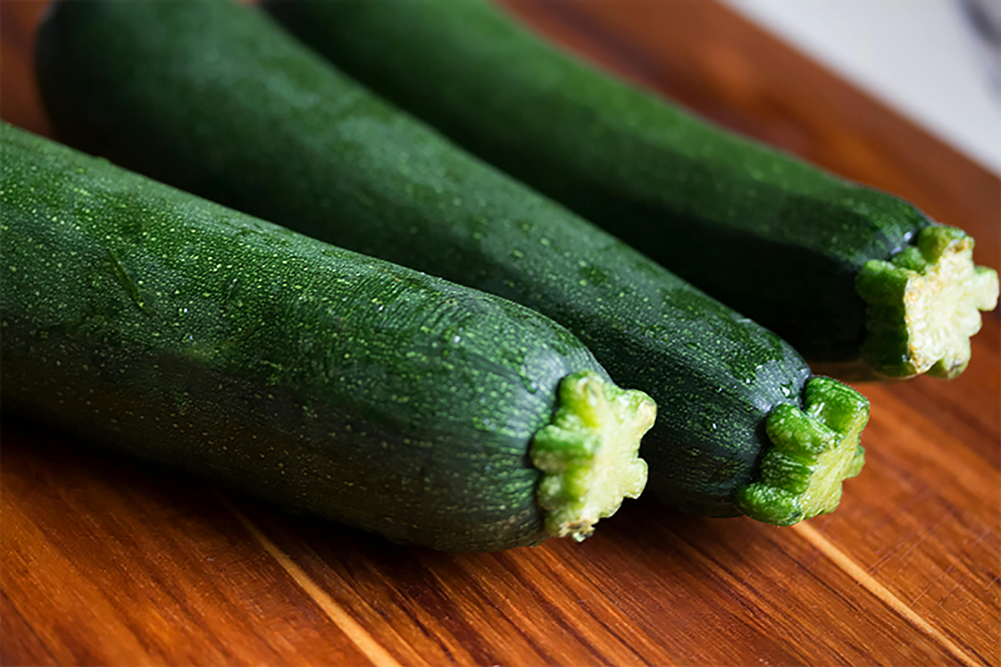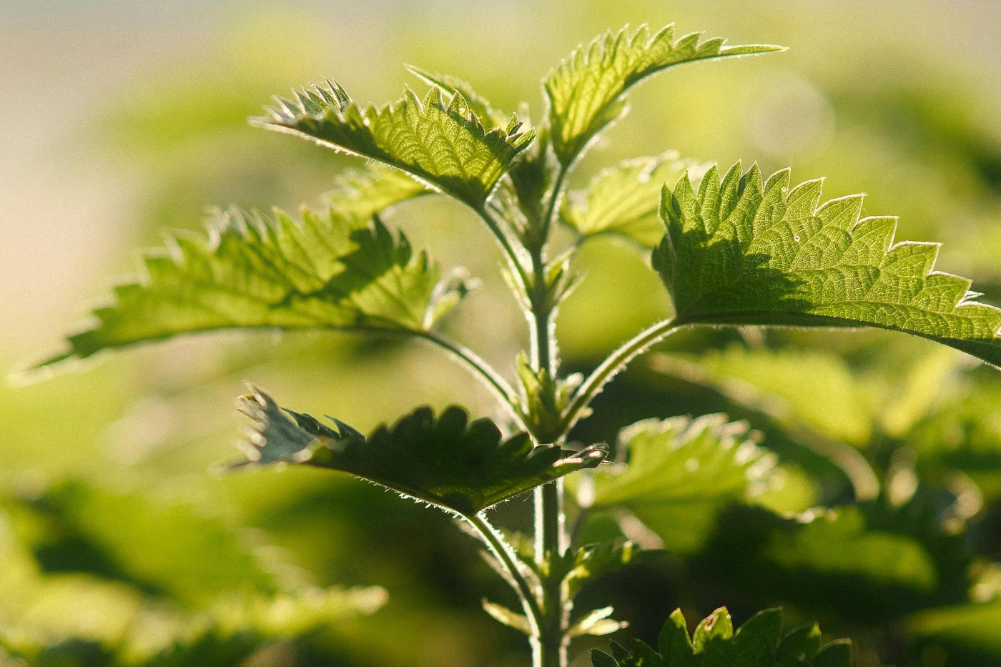10 top tips on reducing food waste in your home
Leading a conscious life is as much about food mindfulness as it is reducing toxins, plastics and unethical, fast fashion. We hear a lot of debate about what food to eat to save the planet but according to research by the team at Project Drawdown, it’s far more important and critically urgent to STOP THROWING OUT SO MUCH FOOD – in fact, it’s 10 times more important and significant than what is on our plates. This is simply because of the sheer amount of food waste being so high around the world. Fancy helping take the equivalent of one in four cars off the road by reducing your food waste? Then read on …
Keep chickens — they love your scraps.
For 35 years — a true city kid of the convenience-driven generation, I was completely oblivious to the fact that if we toss food in the bin, it is compacted between other materials in landfill and it doesn’t break down properly and releases methane into the atmosphere (methane is a greenhouse gas that is roughly 30 times more potent then carbon dioxide). I was unaware that food going to landfill also loses the opportunity to, at the very least, be turned into compost and reused as fertilising gold for new life.
About a decade ago I wrote a blog on my shock food-waste realisation. It was triggered by a ½ kilogram bag of organic chicken livers. I’d had a busy week and let them go beyond a timeframe that was safe for them to be consumed. We were doing it very lean at the time so the expense was the first thing that hit me, then that the animal’s life had been in vain just because I didn’t get around to cooking it. I looked into the amount of energy and time it took to produce an organic chicken from which the livers came. I was devastated at my negligence. I vowed to change my ways and I’ve slowly been doing that over the past decade. I’m still in the city, I might add, so the following tips will work for anyone, anywhere!
Here’s what you can do to reduce your food waste and before you say, “Oh but the little that I waste is nothing compared to business waste from supermarkets, function centres and the like …” Well, it actually is. In Australia we waste 20BN a year worth of food and 10BN of that is consumers’. Average Joes like you and me in our homes, going about our mindless business!
- Start a fridge waste list. Write down everything you put in the bin. Make it a family challenge to reduce the number of items on your list each week and, if it’s blank at the end of a week, celebrate. Awareness breeds progress when it comes to waste reduction so stay very, very focused on the numbers!
- Start a compost bin or a worm farm. Or use your local council’s green bin if they provide one. We store scraps in a metal bowl on one side of our sink and take it down to the compost bin every couple of days. Scraps from onions, carrots, leeks, herbs and celery go in a produce bag in the freezer to be used for future stock making. Citrus peel is frozen for slow cooking or roasting as it adds great flavour!
- Don’t toss odds and sods of veg. Boil them with homemade stock and a few spices or herbs, add a splash of cream or coconut cream and then blitz.
- My Fridge Ends Soup tastes delicious and is different each week. My Buy-Nothing-New Curry from my book is super tasty and very inexpensive, using what you have lying around that’s starting to look very, very sad!
- Avoid topping and tailing veg. Things like cucumber and zucchini really don’t need it, and if you have to do it with green beans, don’t cut an inch off each end, just a tiny few millimetres is enough! Keep animal fats for reusing; drain it into a little jar and save money on butter and olive oil by frying with it the next time you’re cooking.
- Stop buying “two for one” specials. Especially if you’re a small household and/or it can’t be frozen. Food that’s on special is a huge food-waste trap.
- Keep chickens — they love your scraps.
- Stop buying processed snacks in packets. These low-nutrient, “filler foods” leave you wanting more 30 minutes later when the sugar, salt and fat trifecta of processed food wears off. They’re made to look like they’re cheap, but they cost your health and cost you more because you’re hungry for more.
- Start menu planning — even if it’s a rough plan. It’s been shown to reduce our food waste if we have a plan. Don’t be hard on yourself if plans change, too — just pick up the next day and jiggle it around a bit. I don’t plan weekends unless I’m entertaining.
- Make lunch your “hoover meal”. That means the meal where you just eat whatever needs eating so you stay on top of leftovers and salad ingredients and don’t let them turn bad.
Be really honest about how much you need of something. If you’re at the deli counter and you’re getting olives, ask yourself if olives are something you eat three-four of and then don’t fancy for another month. There’s no harm in getting just six-10 olives if it’s just for an olive fix that you have from time to time.
There you go. Hopefully there’s an idea or two in there that will be useful for you to kick things up a notch on the food-waste front. If we reduce food waste significantly, ditch factory-farmed meat (if you eat meat) and switch to less overall and focus on regenerative agriculture, as well as reject big mono crop agriculture of soy and corn, then we can play such a significant role from our shopping baskets in reducing our world’s carbon footprint.








